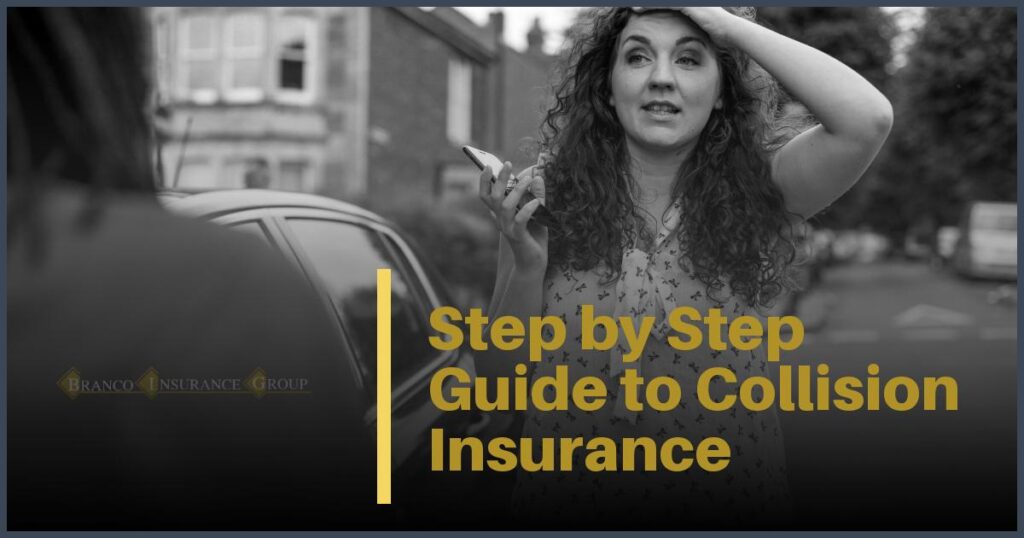
Mental Health Awareness Month: Prioritize the Mind, Support the Heart
May is Mental Health Awareness Month, a time to reflect on the importance of emotional well-being and the invisible battles many face daily. At Branco


When you are purchasing car insurance, a very important component of what you choose is your collision insurance. Collision insurance is there to cover the costs of damages when your car happens to be involved in a collision. At some point, almost every driver will end up in a collision that causes damage to their vehicle, whether you hit another vehicle on the road or something stationary such as a telephone pole on the side of the road.
When you are in a collision, you need insurance to help cover the costs of the damage to both your vehicle and whatever you hit and caused damage. This is where collision insurance comes in and can help you cover your costs. Purchasing collision insurance is required (at least to some minimal level) in most states. However, we recommend that every motorist on the road has collision insurance. At some point, almost every driver will need to claim their insurance to cover damages to their vehicle, whether it was your fault or not.
The following is some basic information to keep in mind when you are choosing your collision insurance to help ensure that you are getting coverage that meets your needs:
Remember that the collision insurance you have on your policy is limited. It only covers the cost to insure your vehicle and not the vehicle(s) that may have also getting hit in the collision. You will also need liability and medical coverage to cover another vehicle if you were found to be at fault or are in a no-fault state.
If you hit another object that is not your own, you will need liability insurance as the collision insurance covers only your car. Other people’s property or city property will need to have liability and medical coverage involved in your auto insurance policy. Or else the insurance will not cover the cost of the damage to the other property that occurred as part of the collision or medical bills that may result from the incident (for you or other parties involved).
When shopping for car insurance, you likely want to choose a comprehensive plan that covers both collision and liability as well as medical insurance. Not purchasing both means that you will be left liable for damage to property that is not your car. These bills can easily reach into the $1,000s or more. If you are in a collision without liability and medical coverage, you could end up with a bill that you can’t afford for either property damage or other people’s injuries. If you can’t afford the bill, you may find yourself involved in a lawsuit with someone who wants to recover the costs of their damaged property. Having comprehensive insurance (at least what is minimally required by the state you live in) will ensure you’re covered in case of a collision.
Comprehensive insurance is also good in incidences where there are non-collision accidents such as your car catching on fire or a tree falling on your car. While these cases are rare, they can happen and have devastating consequences.
The monthly/quarterly payments for collision coverage will depend on the insurance company you work with and several other personal factors. There are aspects of the price you can help control to keep the cost of collision insurance down, including:
These are the basic costs of purchasing collision insurance for your vehicle. Collision insurance can save you thousands in the case of a severe wreck. It ensures that you get covered in the event of an accident where your car is severely damaged or is a total loss.
Collision insurance is a very important part of auto insurance and should be included in everyone’s policies as well as both medical and liability coverage. For assistance with getting affordable collision insurance, please feel free to contact us by calling 203-723-8500. The Branco Insurance Group will be happy to assist you with your collision insurance needs.

May is Mental Health Awareness Month, a time to reflect on the importance of emotional well-being and the invisible battles many face daily. At Branco

Two of Naugatuck’s long-standing insurance professionals have joined forces. Beginning on April 14th, the Healy-Lynn Insurance Agency has become a division of Branco Insurance Group.
